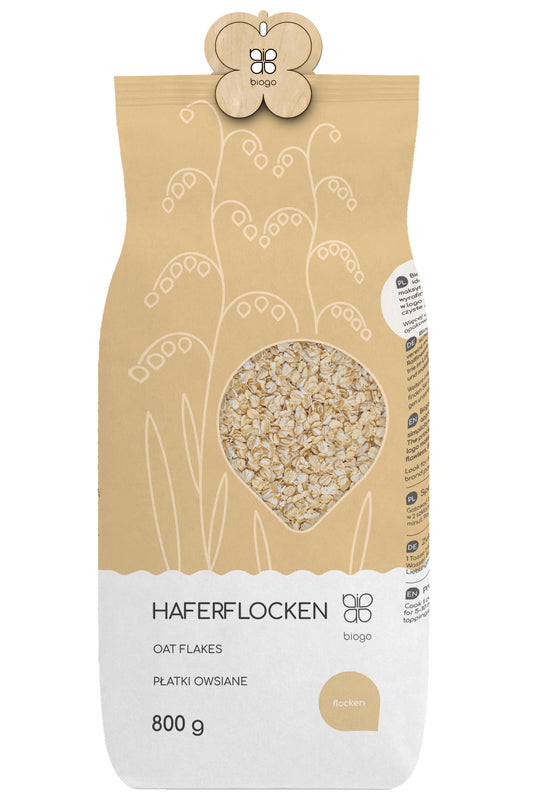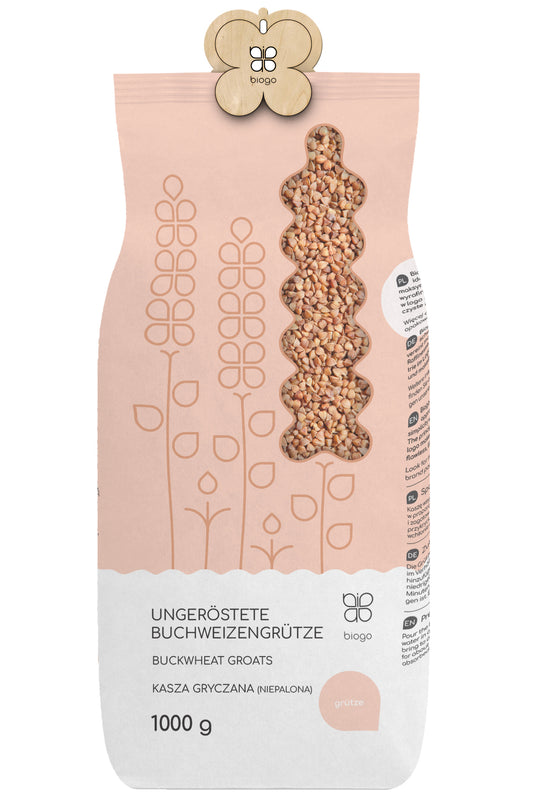CONTENTS
- Ashwagandha – a handful of information
- Ashwagandha for mind and vitality
- Ashwagandha for the digestive system
- Ginseng – Influence on diseases of the nervous system
- Ashwagandha – does it help against cancer?
- Other uses of Ashwagandha
- Ashwagandha – Dosage and Contraindications for Use
- Summary
Ashwagandha is one of the plants widely used in Ayurveda. More specifically, it's a traditional Indian system of medicine based largely on natural products. Both names may sound somewhat exotic, and indeed they are. However, this doesn't stop us from harnessing its truly exceptional properties. It's primarily used in alternative medicine and should not be confused with a drug. Thanks to its high active ingredient content, it can be a remedy for many ailments.
Ashwagandha – a handful of information
Ashwagandha is also called Indian ginseng or somnol. It belongs to the nightshade family. Its original habitat was Africa, but it is now also found in Asia, India and southern Europe. As an important component of Ayurveda, it gained greatest popularity in India. Although it has been known there for thousands of years and is widely used to treat various diseases, its effectiveness has long been questioned. Nevertheless, it has now been given a second life, as it is specifically tailored to the needs of the society of that time. The omnipresent hectic pace, stress and sedentary lifestyle have created a special place for Ashwagandha. Ashwagandha is a type of evergreen shrub, and its fruits and roots, most commonly found in powder form, are used commercially.
Ashwagandha for mind and vitality
As mentioned above, Withania somnifera perfectly addresses the problems of today's world. In Ayurvedic terms, this plant is a perfect remedy for improving brain function and increasing vitality. In this case, its effects are similar to classic ginseng, which is one of the reasons for its other name—Indian ginseng. It improves memory and enhances brain function. In addition, it has a positive effect on both physical and mental health. It is also ideal for combating chronic fatigue, stress, and post-illness weakness. This, as well as its stimulating effect, is due to the substances contained in its root, called glycovitanolides. The same applies to strengthening the immune system. Ashwagandha has been subjected to numerous studies to support the body's natural immunity. The results were surprising. It turned out that the substances it contains had a positive effect on the activity of the main group of cells of the immune system. Cells known as natural killers are responsible for destroying various microorganisms, including viruses. This means that Withania somnifera is excellent as an immune booster, especially in autumn and winter. It's also worth mentioning that Indian ginseng also acts as a remedy for male infertility. While it's not a drug in itself, it works perfectly as a therapy aid. Studies conducted in India show that it increases sperm count and motility in semen.
Ashwagandha for the digestive system
Ashwagandha has a very interesting property: It protects our liver from damage caused by toxic chemicals. Furthermore, it is especially recommended for people who come into daily contact with heavy metals. Its action in this area is similar to silymarin, which also offers adequate protection to the liver. It is also worth mentioning that chronic stress can contribute to the development of stomach ulcers. Thanks to its properties in this area, ashwagandha is able to protect us from them. Furthermore, the anti-inflammatory properties of this plant are effective in treating inflammatory bowel diseases.
Ginseng – Influence on diseases of the nervous system
There's a lot to say about the effects of Ashwagandha on the nervous system. First, its use in the treatment of depression is worth mentioning. Substances found in the root of this plant have a similar effect to imipramine. It's a popular medication used to treat depression, meaning withania can be a very effective addition to such therapy. Positive information for patients with schizophrenia comes from India. Local scientists confirm the effectiveness of Ashwagandha in combating metabolic syndrome, which often accompanies this condition. It doesn't result from the disease itself, but rather from taking antipsychotics. It's also well-suited to supporting the treatment of bipolar disorder, neuroses, and anxiety disorders. It also facilitates sleep, which is of great importance for patients with insomnia. Research on the effects of Ashwagandha in the treatment of Alzheimer's disease has recently attracted considerable attention. This leads to the formation of certain protein fibers in the brain that trigger this disease. Studies on rats have shown that the amount and rate of these proteins formed was significantly reduced in animals that took withani extract. Perhaps preparations made from this plant will be used in the future to slow the progression of many neurodegenerative diseases.
Ashwagandha – does it help against cancer?
Ashwagandha , or rather the substances contained in its leaves, can be helpful in the treatment of many types of cancer. Withanolides, which are found in the leaves, can help inhibit tumor growth. More specifically, this applies to breast, pancreatic, colon, and even lung cancer. Interestingly, all this happens without any negative effects on healthy cells. Also worth mentioning is a highly desirable property that is particularly important for patients undergoing chemotherapy. This invasive process significantly reduces the number of white blood cells in the blood. Ashwagandha, on the other hand, can help protect them from neuropenia. In addition, it can effectively relieve the chronic fatigue caused by chemotherapy and also improve the quality of life itself.
Other uses of Ashwagandha
Extensive research on Ashwagandha has demonstrated its potential benefits in the treatment of joint diseases. This is due to its anti-inflammatory and neuroprotective properties. Therefore, it can protect cartilage from damage, which is particularly important in this condition. It also exhibits a blood sugar-lowering effect. It also reduces the amount of ton hemoglobin by sensitizing tissues to insulin. This definitely relieves the pancreas and stabilizes blood sugar.
Ashwagandha – Dosage and Contraindications for Use
Ashwagandha can be used in many different forms. When taking it in the form of drops, capsules, or other solutions, it's worth following the manufacturer's instructions on the packaging. However, when using the whole or powdered root, the dose should not exceed 3 g per day. This corresponds to approximately 10 mg of withanolides. The situation is somewhat different with Ashwagandha leaf extracts. The daily dose varies between 200 mg and 800 mg of extract. It's also worth paying attention to the withanolide content, as fluctuations can be significant. There are several contraindications to the use of this plant. Pregnant and breastfeeding women should avoid supplements containing sleep vitamins. The same should be done for people taking sedatives, sleeping pills, antiepileptics, and any type of anesthetic. However, no specific interactions have been demonstrated with alcohol consumption while taking Ashwagandha supplements. However, there is a potential risk of this plant decreasing or increasing susceptibility to alcohol. Therefore, for safety reasons, it is best to avoid such a combination. It is also worth taking care not to exceed the recommended dose, as side effects can occur. Even cases of hyperthyroidism and painful burning and itching of the skin have been documented. Therefore, it is worth approaching its use with caution.
Summary
Ashwagandha is truly a comprehensive product. It's not for nothing that Indian Ayurvedic hymns have taken an interest in it. Remember that there is no rose without thorns, and this popular saying applies here as well. Withania somnifera can bring both numerous benefits and potential risks. However, these can only occur if basic recommendations are not followed.
THE PUBLISHER'S CHOICE
Dried dates 1 kg BIOGO
- £4.00
£5.00- £4.00
- Unit price
- / per
Peeled sunflower seeds 1 kg BIOGO
- £3.00
£4.00- £3.00
- Unit price
- / per
Dried organic mango 400 g BIOGO
- £10.00
- £10.00
- Unit price
- / per
Dried White Mulberries 500 g ORGANIC
- £6.00
£7.00- £6.00
- Unit price
- / per
Organic Ground Turmeric 500 g BIOGO
- £6.00
- £6.00
- Unit price
- / per
Oat flakes 800 g BIOGO
- £3.00
£3.00- £3.00
- Unit price
- / per
Milk thistle seeds 1 kg BIOGO
- £4.00
- £4.00
- Unit price
- / per
Popcorn (corn kernels) organic 1 kg BIOGO
- £6.00
- £6.00
- Unit price
- / per
Organic cashew nuts 1 kg BIOGO
- £18.00
- £18.00
- Unit price
- / per
Unpeeled buckwheat groats 1 kg BIOGO
- £3.00
£3.00- £3.00
- Unit price
- / per







































































































































